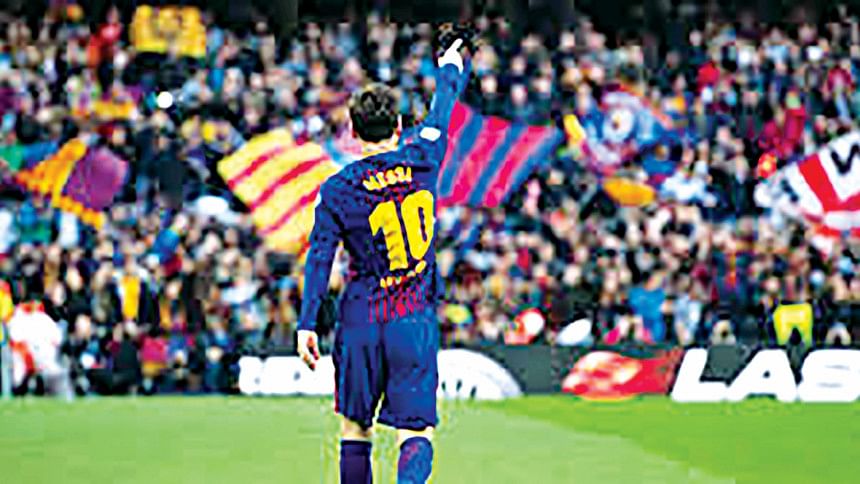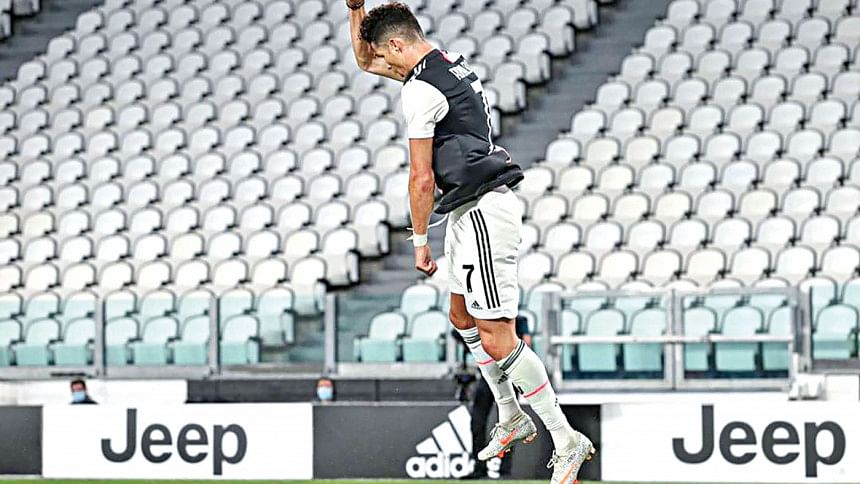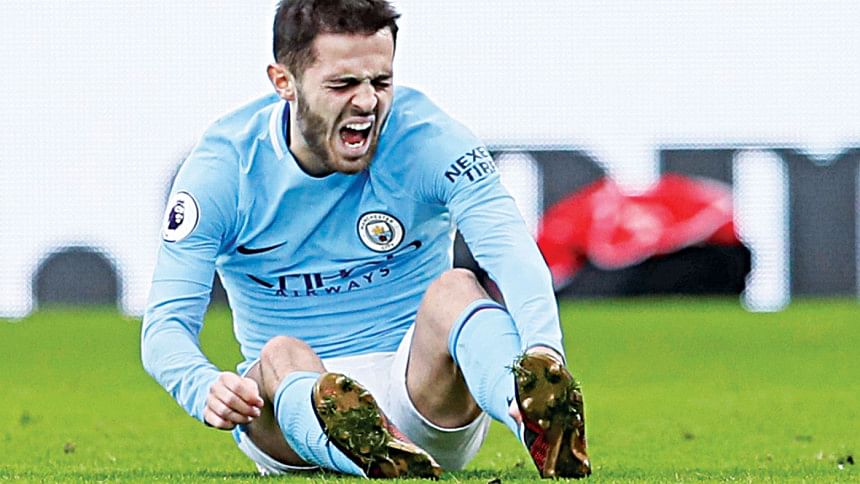Challenges add to excitement of 20/21

Obviously football without fans isn't the same thing. But health is the most important thing. We have to see what happens now during this period that we're starting to live in contact with other people again.
Gianni Infantino
Just weeks after the conclusion of the Champions League, European football is set to be back on the menu of sports lovers across the globe. After a three-month disruption due to the coronavirus pandemic earlier this year, leagues around the world have found ways to operate.
Whether it be putting all your participants into a bio-secure bubble, akin to what we have seen in international cricket series and in the NBA, or having precautionary measures and regular testing in place, the results have been positive.
However, one of the shortest pre-seasons has followed one of the most grueling stretches of football, one that saw teams play up to four times per week as they rushed to finish the last season. The recent international break did not help matters, with players such as Neymar and Kylian Mbappe testing positive for Covid-19 shortly after travelling.

That will perhaps lead to a slow start to proceedings, as teams will ostensibly test the waters and ensuring that their fitness levels do not dwindle. However, there will be no escaping the fixture crunch.
In the Premier League, clubs that will play in Europe could have a match every 3.7 days on average over the rest of the season, at the end of which they will have to join their national team for the 2021 Euros -- delayed to the end of this season by the pandemic. Those numbers are not too different for Spain, France or even Germany.
Of course, managers do have the option of resting their players, but that is not a luxury most have at the end of the season, when every game has the potential to be the most important of the season. To ease that strain, some bodies have decided to reduce ties in domestic competition, such as FA Cup replays being scrapped completely.
Some leagues, such as La Liga and Serie A, will continue to allow clubs to benefit from having five substitutes available. But that is a rule that has been viewed as being more favourable to richer teams, who can potentially bring on hundreds of millions worth of talent from their bench, and the Premier League has notably refused to continue with the regulation.
As we witnessed towards the end of last season, most teams appeared to be gassed by the time their domestic leagues had ended. Those that participated in the Champions League, held at the end of the season, made it a point to rotate their squads heavily beforehand.
Europe's elite competition will be held as usual this time, meaning teams will need to come up with time for midweek fixtures. Teams that make the quarterfinals and semifinals will have to rest players for those crucial matches near the tail-end of the season.

The biggest change, and there is growing popularity among stakeholders that the change be enforced sooner rather than later, could be the reintroduction of fans to stadiums, even if in limited numbers, in some countries.
England Prime Minister Boris Johnson told the BBC today that plans for spectators to attend sporting events in the country from 1 October are to be reviewed. Meanwhile, FIFA president Gianni Infantino met with Italian Premier Giuseppe Conte today to discuss bringing back fans to stadiums. At the same time, Tottenham were waiting to find out whether they would be allowed about 4,000 fans into the corporate areas of their new stadium for Sunday's opening fixture against Everton.
That will present new challenges, but despite all the gloom and doom, it also presents exciting new opportunities. New names will be expected to light up unfamiliar stadiums, new contenders will emerge for individual and collective awards and that same old magic of football will bring joy and despair to fans across the world. For now, all we can hope is that it all goes without a hitch.

 For all latest news, follow The Daily Star's Google News channel.
For all latest news, follow The Daily Star's Google News channel. 



Comments